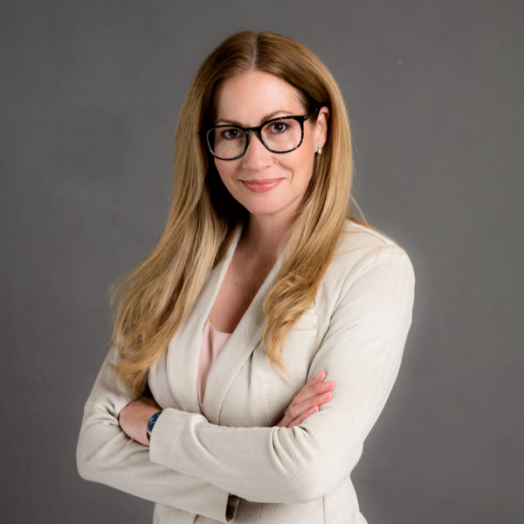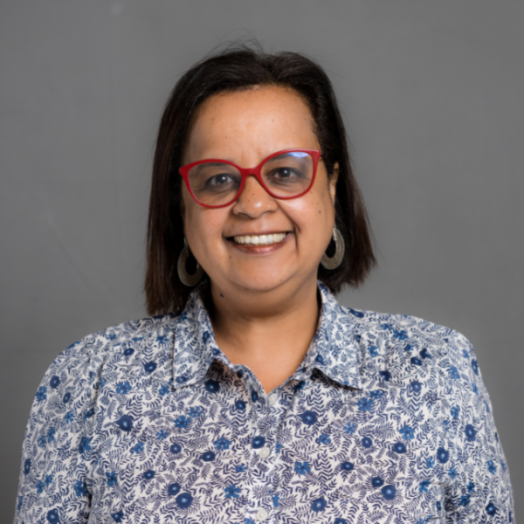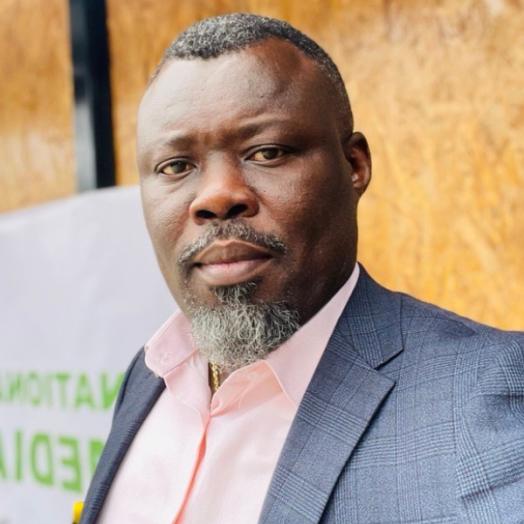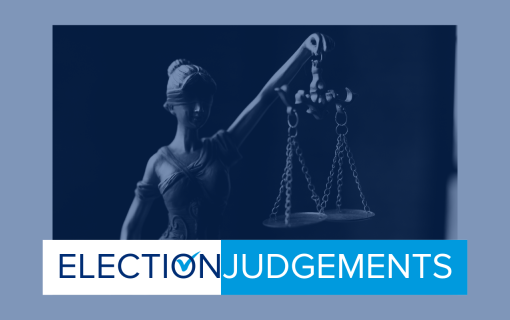Anti-Corruption and Anti-Money Laundering 101 for Post-Transition Countries
Public discontent about endemic corruption continues to generate demand for reform across the globe. In countries transitioning from autocracy to democracy, this public demand can be harnessed to break cycles of kleptocracy and state capture. However, when civic space begins to open after long periods of government repression, civil society may not have the capacity or resources to take advantage of often fleeting moments of opportunity when they arise.
To help civil society in these contexts better take advantage of openings for reform, the International Foundation for Electoral Systems (IFES) partnered with the Central and Eastern European Law Initiative (CEELI) Institute to develop the Anti-Corruption and Anti-Money Laundering Course for Civil Society in Post-Transition Environments. This course falls under the “Implementing Anti-Corruption Treaties and Standards” project funded by the U.S. Department of State through the Bureau of International Narcotics and Law Enforcement Affairs.
Building a Foundation for Anti-Corruption Advocacy in Ethiopia and The Gambia
IFES and CEELI piloted the course virtually in The Gambia and Ethiopia from July 27 to Aug. 26. As corruption impacts all of society – slowing economic growth, exacerbating poverty, wreaking havoc on natural resources and eroding human development – this course was designed to build a common understanding of corruption and the tools and strategies available to combat it among a diverse group of civil society advocates. Following an open application process, CEELI invited 40 of the 150 applicants to participate — from youth and human rights activists to religious charities, journalists and chambers of commerce. The only prerequisite was an interest in learning how anti-corruption and integrity strategies might be integrated into their existing work.
Broken into four modules, the course built up to a final project focused on developing specific action plans to push forward the implementation of anti-corruption priorities identified by the participants:
- International frameworks for anti-corruption and anti-money laundering
- Public sector corruption and accountability mechanisms
- Civil society engagement
- Coordinated action and advocacy
In addition to building foundational knowledge of domestic and international accountability mechanisms, this course encouraged the development of professional networks and required collaboration outside of scheduled sessions to work on group activities and assignments.
While this course was tailored to participants from Ethiopia and The Gambia through country-specific breakout sessions, guest lecturers and activities, the content and lessons learned during the successful delivery of the pilot course supports the development of a global curriculum that can be readily adapted to other country contexts.
“The knowledge and the certificate that I gained from the Anti-Corruption and Anti-Money Laundering course will go a long way and it will be very helpful in my future endeavors, as I am just 26 years old and looking forward to more training like this either online or in person.” – Participant from The Gambia
“…the knowledge learned will be utilized by building the capacity of my colleagues and my day-to-day civil society engagements.” – Participant from The Gambia
“I had a great time with the course and trainers. Currently, I am working in the media sector.... This course will help me a lot. In addition, it motivates me to research the media and corruption-related reporting in the Ethiopian context…” – Participant from Ethiopia
Published on September 15, 2021.













